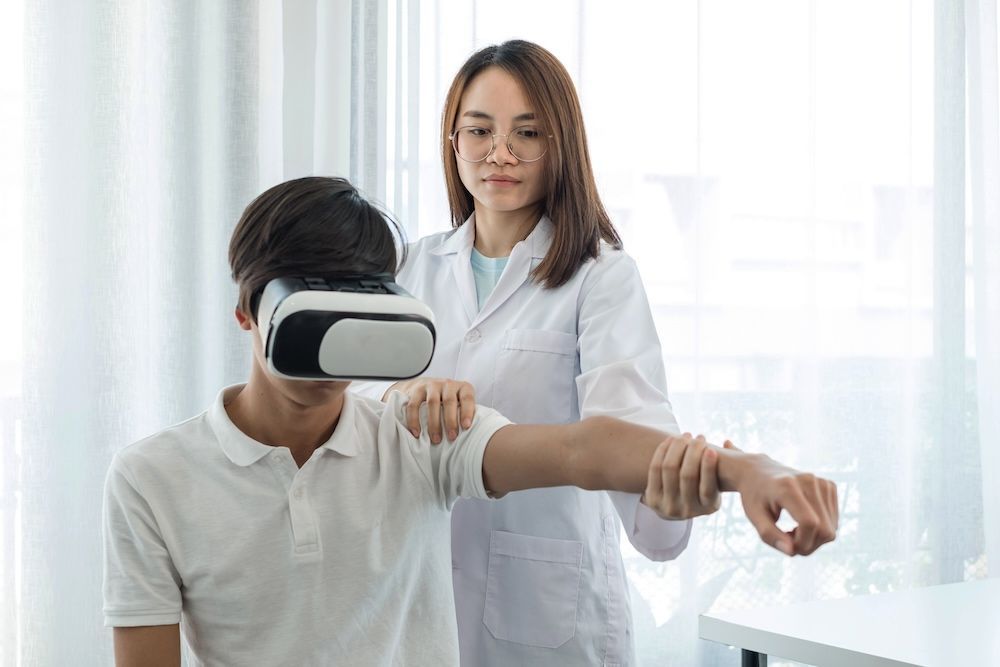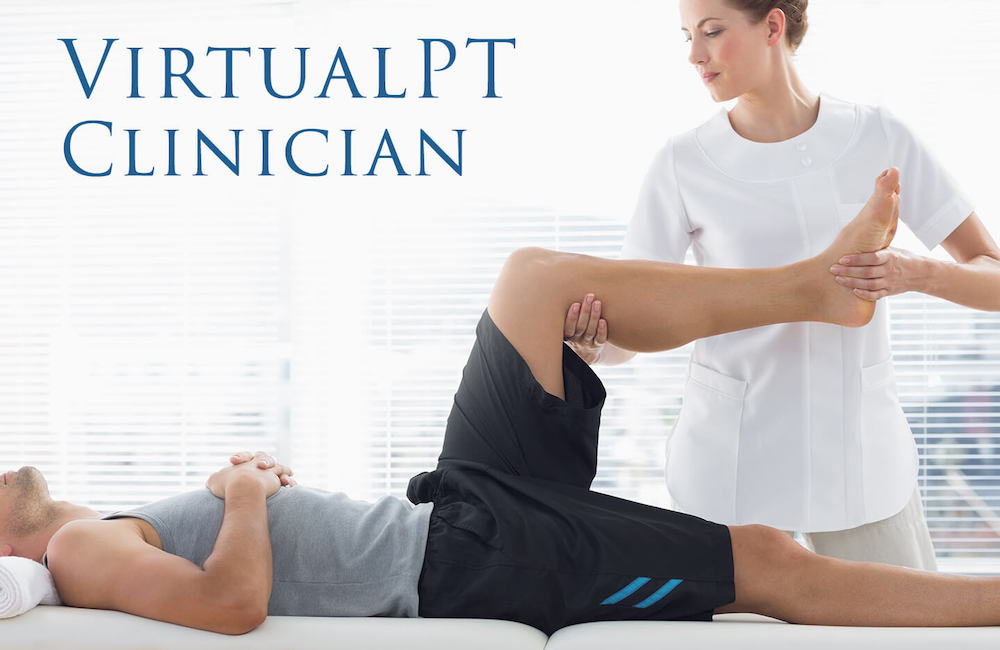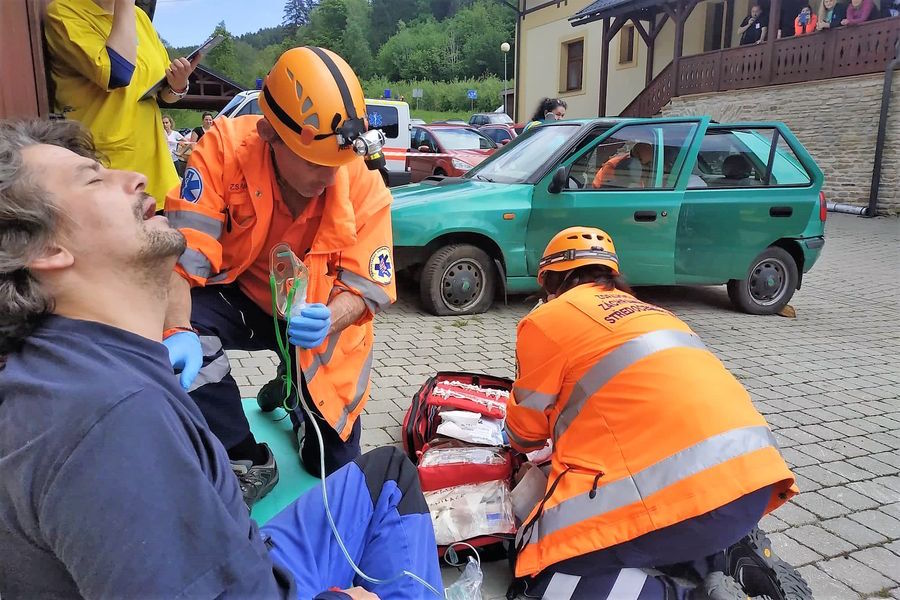Clinical Simulation for Speech language Therapy and other associated roles has the capability to advance clinical care for these specialities in a number of different educational environments. Clinical simulation assists those who work within the speech language clinical field, the ability to acquire foundational assessment skills and also have exposure to a number of different pathologies. This article by Erin Carn-Bennett, RN, MSN, will explore clinical simulation for speech language therapy and some of the options available to those who work in this field.
Speech-language therapy and pathology is an incredibly specialized area of clinical healthcare which incorporates human communication science subjects and also disorders. Speech-language pathologists or SLPs specialize in prevention, identification, evaluation, treatment and also the rehabilitation of swallowing, speech and communication disorders. This covers a broad range of disorders and requires a large knowledge base for clinicians in this field.
Healthcare simulation in speech language therapy is not only used to advance clinicians clinical practice as individuals but also for interprofessional education to prepare for an interprofessional collaborative practice team. Speech language therapy interprofessional education in clinical simulation is described as participants from two or more professions engaged in a clinical simulation experience to practice to achieve shared objectives and outcomes. Interprofessional education in healthcare simulation for speech language therapists may include subjects such as the acquisition and enhancement of soft skills that are desirable for students to have for future employment possibilities.
Healthcare simulation for speech language therapists can range from low fidelity clinical simulation with students in the role as the patient and clinician through to high fidelity clinical simulation such as with the use of manikins. Most speech language therapy clinical simulation scenarios also now include the use of standardized patients. Standardized patients receive education on expectations and how to portray what the clinical presentation is for speech language clinical simulation participants. As with all other specialties in clinical simulation, speech language therapy clinical simulation scenarios are followed by debrief to allow participants time to reflect on the experience and how to improve for next time.
View the HealthySimulation.com Webinar Peer-Assisted Training for Novice Clinical Simulation Faculty Development to learn more!
Simucase is an educational platform that displays speech-language pathology, audiology, occupational therapy and physical therapy healthcare professionals and students to be able to both evaluate and treat a virtual patient library.Simucase is a personalized educational platform that is designed for learners through offerings of the ability to observe, assess, diagnose and provide treatments and interventions to virtual patients.Simucase was founded in 2000 and the virtual patient resource uses healthcare simulation technology to allow users to apply critical thinking in a low risk to patient learning environment which increases patient safety.
Simucase is headquartered in Houston, Texas and assists learners to master the specific clinical skills in order to both meet and evaluate clinical competencies and practice interprofessional collaborations. In the Simucase platform, there are more than 850 engaging patient videos in a library that covers subject areas in speech-language pathology, occupational therapy, physical therapy and audiology.
Simucase has over 100 clinical simulations available with virtual patients. Simucase virtual patient cases usually take between 40 and 75 minutes to complete. Simucase learners also have the ability to filter clinical cases based on profession, topic, age and locations. There are cases available for physical therapy, audiology and speech language pathology for example.
Simucase provides videos to demonstrate examples of different patient cases and what these certain conditions or disorders present. Some of these examples available on video include: aphasia, articulation, phonology, cognition and cultural linguistic diversity. Other subjects that have been covered by Simucase videos include: early intervention, health literacy, hearing loss, motor speech, physical agent modalities, sensory processing and many more.
View the new HealthySimulation.com Community Nursing Simulation Group to discuss this topic with your Global Healthcare Simulation peers!
American Speech-Language-Hearing Association
ASHA makes effective communication both accessible and achievable for all. The Certification Standards for Speech-Language Pathology uses clinical simulation as an alternative method of provision for clinical practicum.Programs that have been accredited by the Council for Academic Accreditation in Audiology and Speech-Language Pathology (CAA) have the ability to obtain up to 75 hours of direct clinical contact with the use of clinical simulation.
The use of clinical simulation for ASHA may include: standardized patients, virtual patients, digitized mannequins, immersive reality, task trainers, computer-based interactive experiences and other simulation technologies. The Council on Academic Programs in Communication Sciences and Disorders (CAPCSD) also offers a wide range of resources in clinical simulation, including podcasts, webinars, and Best Practices in Healthcare Simulations in CSD.
Master Clinical Network
MCN is a platform for guided observations and to assist with the development of clinical skills in speech-language pathology. The Master Clinician Network is committed to the sustainable practices and lifelong learning in Speech-Language Pathology and also Audiology. MCN was created in order to provide students, faculty, and clinicians an inside view into clinical processes as completed by expert clinicians.
Master Clinician Network was founded in 2012 and has provided students with over 500,000 guided observations. MCN is open to any student who is enrolled in a Speech-Language Pathology, Audiology or SLPA program be that undergraduate, graduate, post-bacc or SLPA. Annual Subscription auto-renew at a cost currently of $54.00 with cancellation available at any time.
In order to earn MCN guided observation hours on the MCN website, there is a requirement for a faculty member at the students affiliated university to agree to approve these hours on the MCN platform. Students on MCN are required to watch 100% of a video (live-recorded therapy), and then also answer a series of clinical based questions about the session which was observed. These assignments are then submitted to the assigned faculty member, who reviews/approves the guided observation for the student.
This article has explored clinical simulation for speech language therapy. As with all clinical professions, healthcare simulation has the ability to advance clinical and teamwork skills to new levels. Speech language therapy is another clinical profession who is advancing their professions with both individual and interprofessional based clinical simulation experiences.








